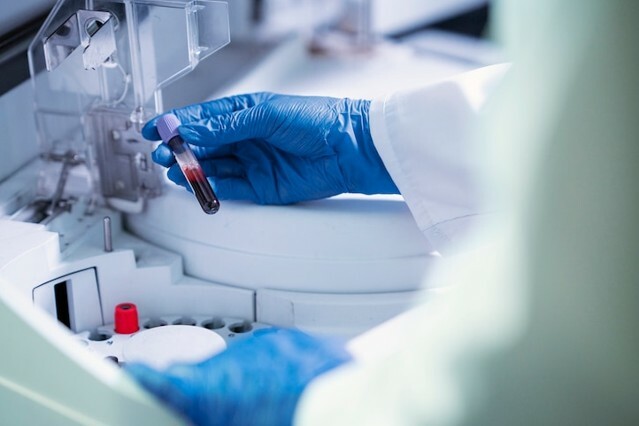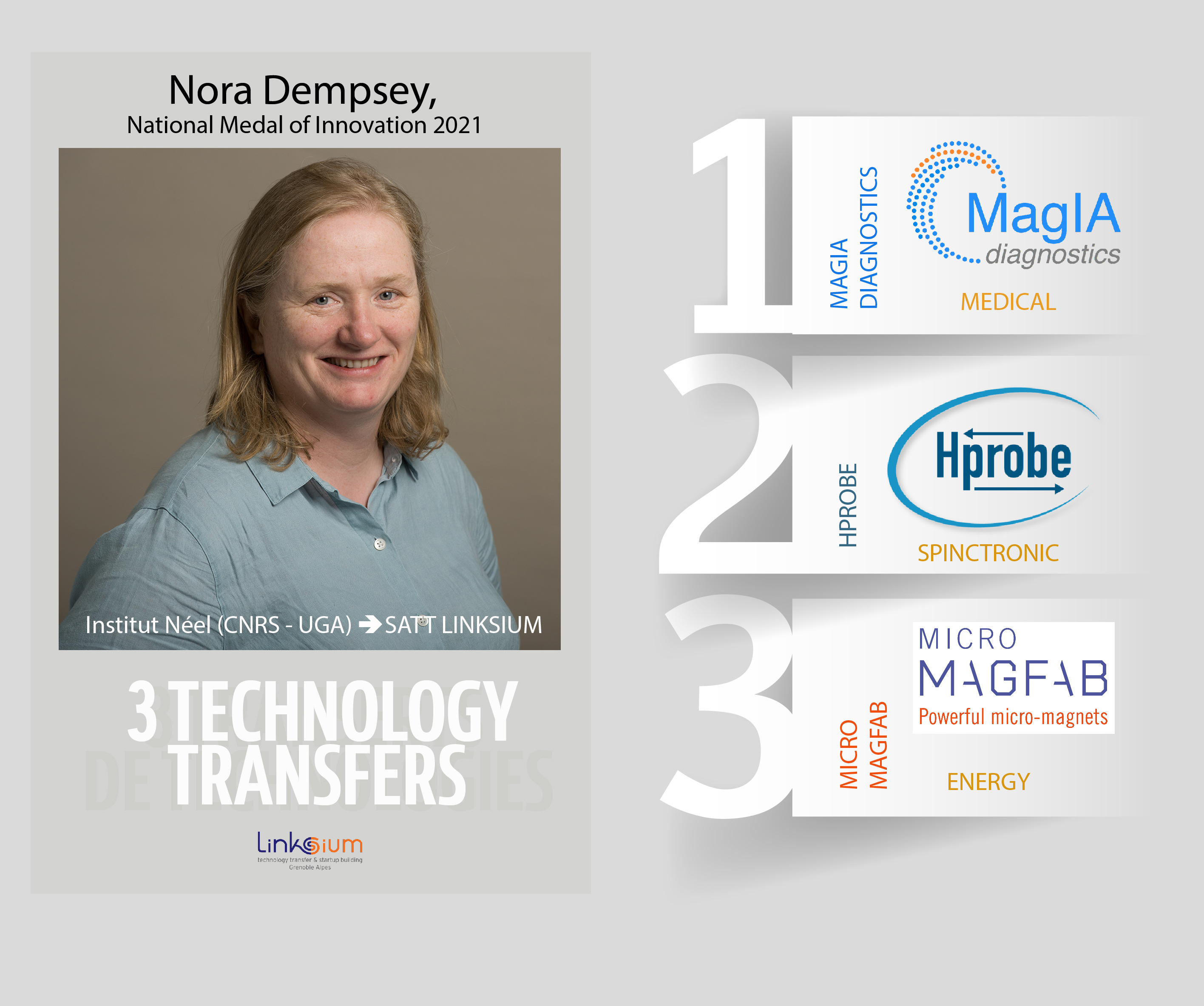MODELE GEC
Innovative Biomarker for Predicting Survival in Patients with Acute Myeloid Leukemia


Benefits
- Risk stratification of AML patients
- Limited therapeutic options: chemotherapy and transplantation
- Novel prognostic biomarker
Key words
- Molecular diagnostic/prognostic
- Acute myeloid leukemia (AML)
- Ectopic expressions
- PCR kit
Intellectual Property
- 1 patent
Laboratory
- IAB
Institutions
- CNRS
- INSERM
- UGA
Linksium Continuum
- Maturation
- Commercialization
Results
- Available licenses
Context
Acute myeloblastic leukemias (AML) are rare malignant hematological disorders. Prognosis is a key factor in patient management, as it determines the therapeutic strategy: a patient pathway typically involving a more intensive regimen, possibly followed by an allogeneic hematopoietic stem cell (HSC) transplantation for those with poorer prognoses. While this transplant procedure offers a significant survival benefit, it also carries substantial risks that can impair quality of life. Consequently, it is essential to identify, using robust prognostic tools, the patients who will truly benefit from HSC transplantation.
Technology
The project builds on extensive prior research demonstrating that tumor cells can aberrantly activate genes that are normally silent, thereby endowing the cancer cell with novel biological properties. Modele GEC is a a tool based on the expression levels of five genes that enables stratification of patient survival. The aim of the project is to offer a standardized, reproducible RT-qPCR kit that can be easily implemented in routine clinical practice.
This solution could be incorporated into the patient’s care pathway at the diagnosis of AML to stratify patient risk and thus help guide the therapeutic strategy.
Advantages
The management of AML requires a clear understanding of patient outcomes, as the first-line therapy is critical to achieving remission. Disease deemed to have an unfavorable prognosis will be considered for allogeneic transplantation (a major therapeutic intervention), whereas disease judged to have a favorable prognosis will not. Therefore, re-stratifying patients into favorable or unfavorable prognostic groups is decisive in determining the indication for transplantation.
State of progress
As part of the development project, the goal is to validate the robustness of the GEC prognostic tool on a large patient cohort and to identify the sub-groups in which its application is most relevant.
We also aim to collaborate with an industry partner to create a ready-to-use PCR reagent kit and commercialize it to hospital laboratories. Indeed, industry experts have the know-how to develop “off-the-shelf” PCR kits that are easily implemented by medical biology labs.
Applications
- PCR kit production
- Enhanced stratification of AML patients

Featured articles
 SERIAL TECH TRANSFR
SERIAL TECH TRANSFR
1, 2 and 3 startups for Nora Dempsey, National Medal of Innovation 2021
Nora Dempsey is one of the four winners of National Medal for Innovation 2021 awarded by CNRS. Nora Dempsey, born in Ireland, has gained an international recognition for her research in Grenoble on...
Read the article PORTRAIT
PORTRAIT
Amiral Technologies, la startup IA grenobloise spécialisée dans les solutions de maintenance prédictive, intègre Station F
An ambitious promise: to invent a zero-defect and zero-downtime future for industry. Amiral Technologies, a startup co-founded and boosted by Linksium, based on the technological prowess of the Gre...
Read the article